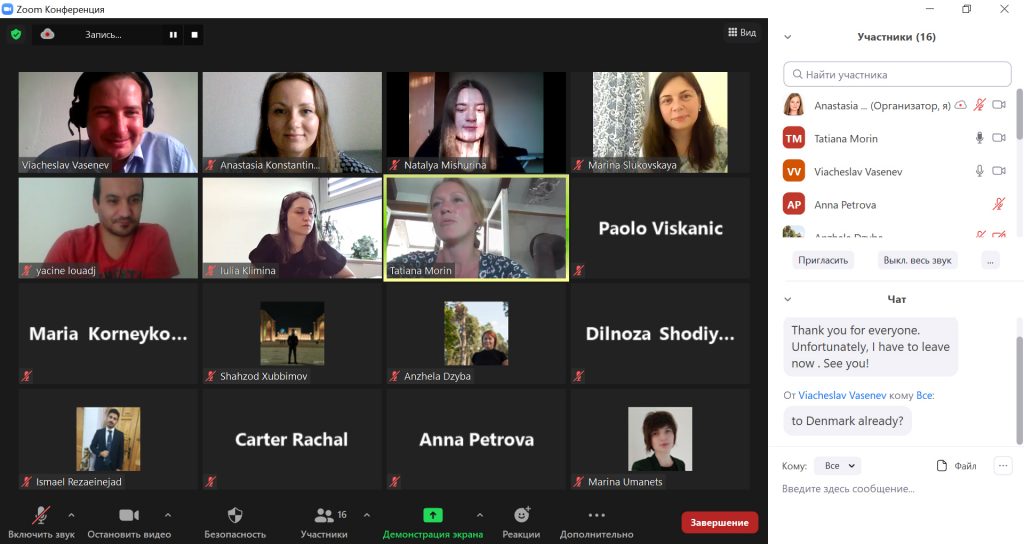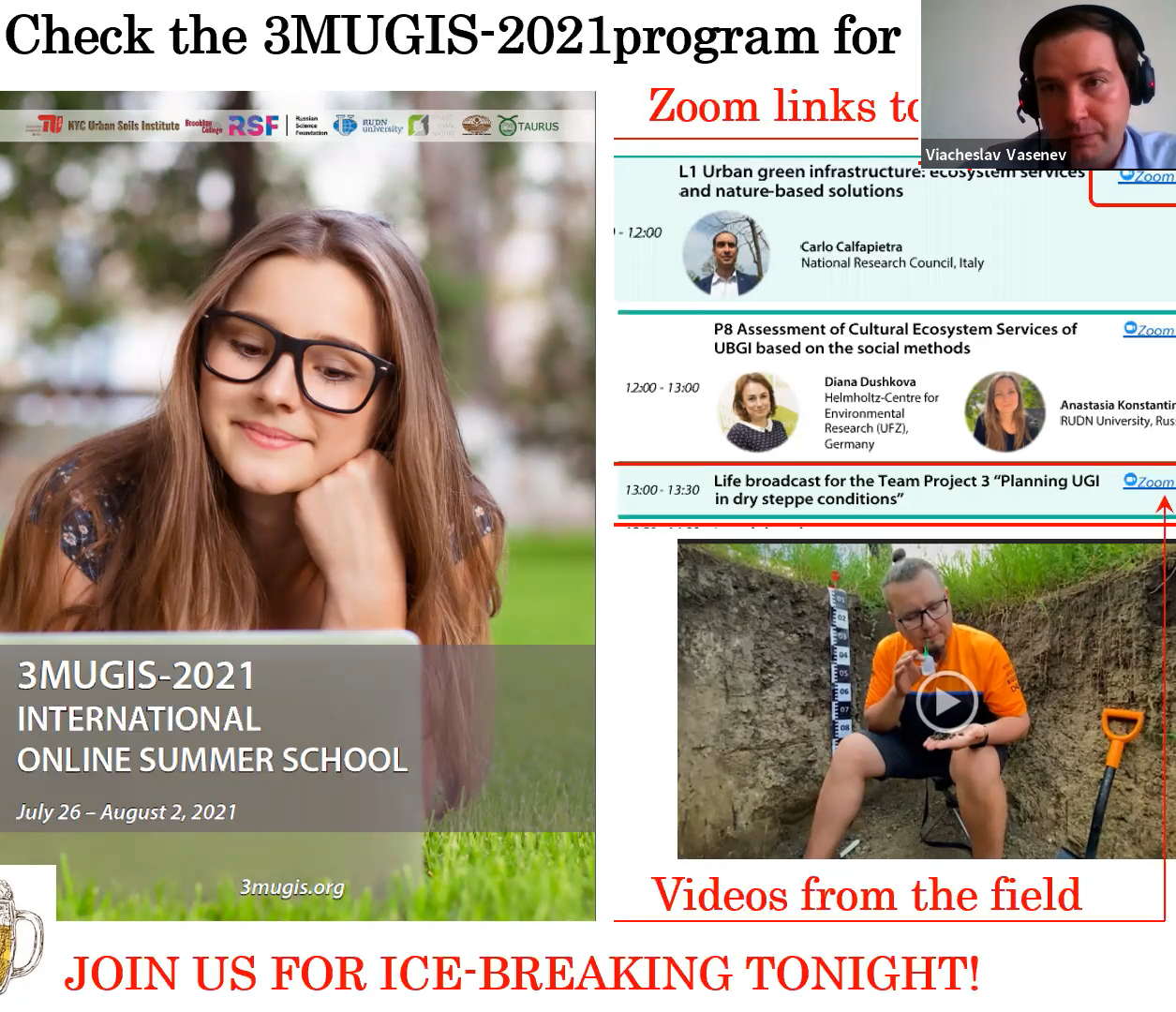From July 26 to August 2, 2021, the 5th International Summer School 3MUGIS (Monitoring, Modeling and Managing Urban Soils and Green Infrastructure) was held within the Department of Landscape Design and Sustainable Ecosystems Smart Urban Nature Laboratory of the RUDN University. The school was organized with the support of the Russian Science Foundation and under the umbrella of the International Union of Soil Scientists, RUDN University and the Institute of Urban Soils of New York in collaboration with universities, scientific organizations and research groups from around the world. The partners of the school were Brooklyn College (USA), Kola Science Center of the Russian Academy of Sciences, Southern Federal University and many others. Importantly, all the organizers and partners of 3MUGIS are united by the desire to exchange knowledge, ideas and experience at the international level.
The main goal of the summer school is to develop collaboration between scientists from all over the world, as well as to train young researchers in the skills of monitoring, modeling and mapping urban soils and green infrastructure in various climatic conditions and in a man-made environment. During the training, participants receive up-to-date knowledge about the ecology and biogeochemistry of urban soils and plants, get acquainted with technical advances in monitoring and modeling of urban soils and green infrastructure, and also study the important features of a changing urban climate, socioecological phenomena of Urban Blue-Green Infrastructure.
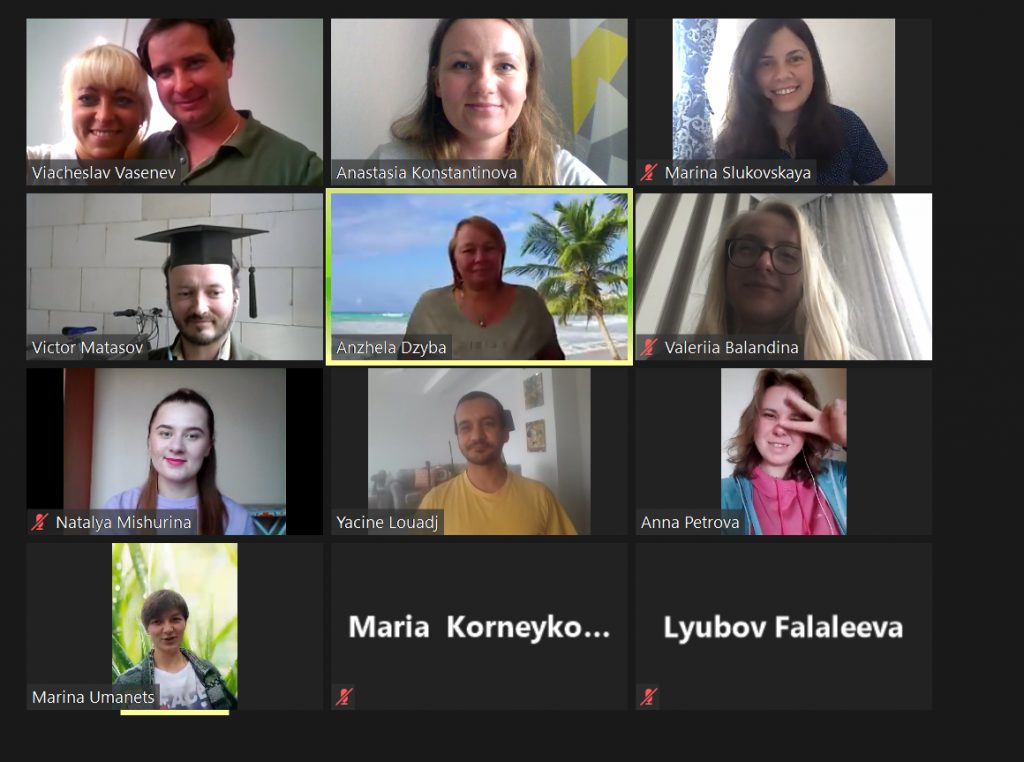
The traditional format of the summer school includes a large-scale field tour across the European part of Russia from the Barents to the Black Sea, during which participants study the zonal diversity of soils and landscapes and evaluate the consequences of anthropogenic impact on the ecosystem. However, like last year, due to a difficult situation amid the pandemic and for the safety of participants and speakers, the summer school was held online in Zoom. Despite the limited format and shorter duration of the school, the organizers managed to create a multifunctional platform for conducting fascinating lectures, seminars, workshops, video broadcasts and group projects.
Our main incentive for organizing the 3MUGIS school is our desire to combine the fundamental sciences of soils, plants and the environment with more applied fields of knowledge – landscape architecture, urban planning and management of urban ecosystem services, – Vyacheslav Vasenev, Associate Professor of the Department of Landscape Design of Sustainable Ecosystems of the RUDN University and project coordinator.
More than 30 students and young scientists from Russia, Ukraine, Uzbekistan, Algeria, Mozambique, Austria, Germany and the USA took part in the summer school. However, the 3MUGIS school is known for its international coverage of not only participants, but also speakers. In addition to scientists from the RUDN University laboratory Smart Technologies for Sustainable Development of the Urban Environment Under Global Changes, speakers were more than 15 credible soil scientists, climatologists, biologists from Great Britain, France, Germany, Italy, Australia, the USA and India.
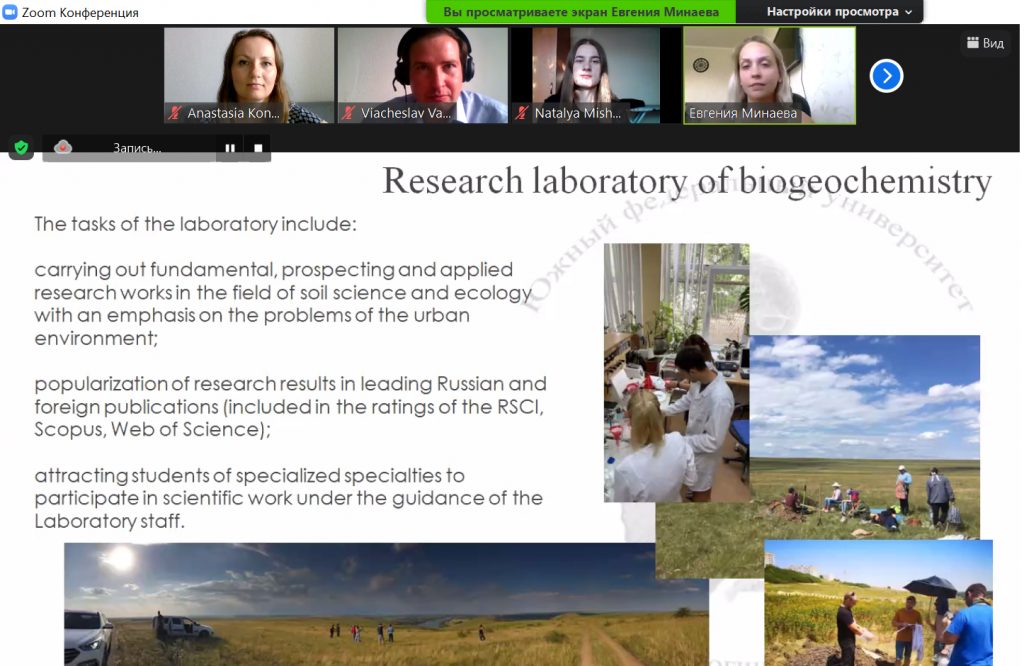
The summer school program combined both theoretical and practical blocks, including lectures, workshops and practical tasks, as well as the preparation and defense of group projects. During the summer school, 14 lectures and 9 workshops were held, where students learned about new approaches in eco-monitoring and modeling of urban ecosystems, studied the biochemistry of urban soils and plantings, examined the issues of ecosystem services and urban climate, and also learned about technical innovations in the study of urban soundscape.
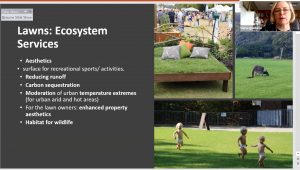
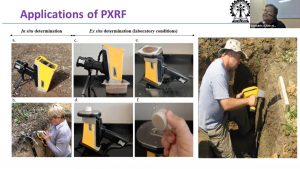
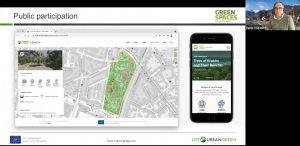
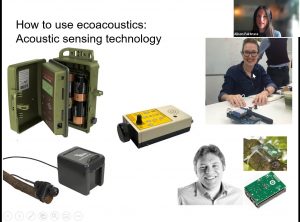
The final day of the summer school was dedicated to defending the group projects that the students had been working on from the first day of the program. Independent student projects are an important part of the 3MUGIS program, as it allows students to apply all the knowledge and skills acquired during the school to complex and interesting cases. Thus, three mixed teams presented projects for the restoration of industrially contaminated soils of Monchegorsk, redesign and reconstruction of the RUDN University territory into a smart and sustainable campus, as well as a project to open a green laboratory in one of the parks in Rostov-on-Don. The first team came up with a strategy for remediating contaminated soil, calculating every step from creating new organic soil layers and planting specific plants to the cost of each procedure. The second team presented their vision for a modern and green campus, planning every detail – from a recreational area with noise reduction and air quality control to green roofs and green parking lots. The third team managed to develop a creative project to open a multidisciplinary green laboratory in the park to monitor green spaces and conduct various scientific research. All participants, despite their different experience and approach to work, managed to exchange ideas, prove themselves in teamwork, and, most importantly, put into practice the knowledge gained at the summer school.
We are very happy with the way our school went. Despite the fact that the pandemic has driven many events and educational events into the online format, we still managed to maintain a research spirit by bringing together a team of skilled experts and ambitious participants from all over the world, with unique experience and unconventional views on modern urban development. And we are confident that thanks to 3MUGIS, a new generation of young scientists will be able to take a new step in research, using the skills and knowledge gained in our school, said Vyacheslav Vasenev during the closing ceremony of the summer school.
